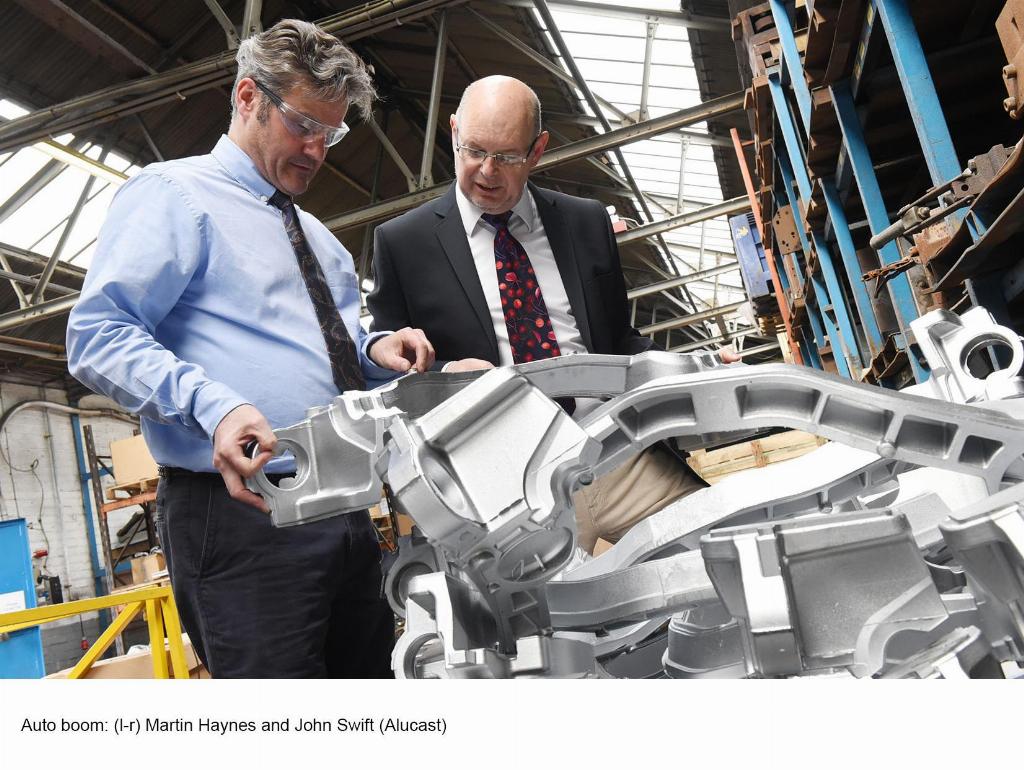UK manufacturing output improved at unprecedented rate in May

The UK manufacturing industry improved at an unprecedented rate in May, as output growth strengthened and new orders rose at the quickest pace in three decades of surveys.
Looser pandemic restrictions and high levels of pent-up demand meant that the rapid revival in labour market conditions continued, with staffing levels also rising at a record pace.
The seasonally adjusted IHS Markit/CIPS Purchasing Managers’ Index (PMI) rose to 65.6 in May, up from 60.9 in April, above July 1994's previous record high of 61.0. The PMI has signalled improvement in each of the past 12 months.
Manufacturing production rose at one of the quickest rates in the series history, bettered only by those registered in August 2013 and July 1994. Underpinning the latest increase were record gains in new business, as domestic and overseas demand continued to revive. Companies linked new order growth to rising business confidence, the further re-opening of the UK economy and reduced issues relating to COVID-19.
New export orders also rose at a survey-record pace in May, amid reports of stronger demand from the EU, the US and China. That said, there were continued signs that while large companies were seeing record gains in new export work, the rate of increase at small firms was comparatively mild.
The corollary of the strong upswing in the performance of the manufacturing sector was pressure building on capacity, with backlogs of work rising to the greatest extent in the survey history. This was a major factor encouraging firms to reinvigorate their recruitment plans, leading to a record increase in staffing levels at manufacturers.
Pressure also built on suppliers, with the average time taken to deliver inputs to manufacturers lengthening to one of the greatest extents in the survey history. This was linked to input shortages (especially electronics, plastics and metals), transport delays and higher demand for raw materials.
Commenting on today’s data, Fhaheen Khan, senior economist at Make UK, said: “An easing of restrictions and a robust vaccination strategy have unlocked the shackles placed on household and business demand over the last year, with manufacturers reporting strong growth and high levels of confidence. The few businesses that have failed to grow were mainly restricted by limited supply of materials rather than a limited market which bodes well for industry down the line once restrictions fully ease. However, there are some sectors such as Aerospace that are still seeing very difficult conditions and are going to take some time to fully recover.
“However, not everything in the garden is rosy as manufacturers are continuing to report concerns over increasing cost pressures due to supply shortages, freight costs, shipping delays and rising wages that are progressively impacting price levels over time. If this is to continue then consumers should be wary of significant inflation on the horizon.”
Make UK www.makeuk.org















